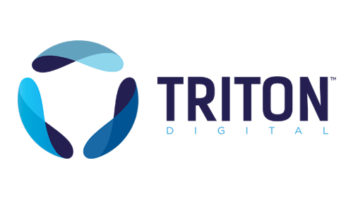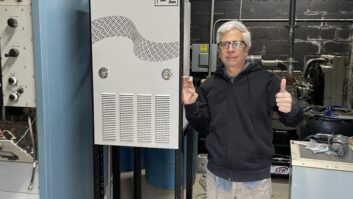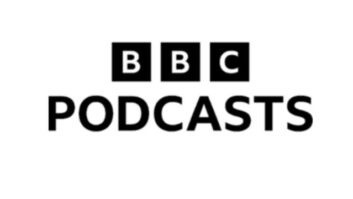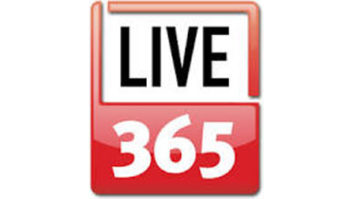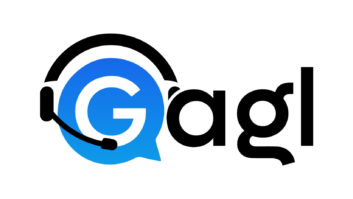NEW YORK� Laura R. Walker is the President and CEO of New York Public Radio, one of the largest public radio groups in the nation.

�
In a recent post on Medium, Walker made several interesting and positive assertions about the future of radio. She argues that broadcasters should��Embrace the podcast, find the next generation of voices, and at the same time, embrace radio.��
She explains, �We have to own the space where new audiences are flourishing. That�s the key to finding a greater diversity of listeners, to attracting new talent, and to building the kind of loyalty and community upon which public radio was built and which will sustain us into the future.
�Yes, we must also transform our traditional platforms. But it�s not an either/or proposition. They exist together. We can listen to the radio and podcasts, just like we watch TV and Netflix. And each is used differently by different people. We must create content for the platforms and the behaviors of the next generation.�
New York Public radio now owns and operates eight radio stations including WNYC and WQXR, and produces more than 25 original programs for local and national radio, and digital audiences. I think you could say they�ve gone �all in� on radio.
�
In the same entry, Walker writes: �The death of radio has been predicted at least once a generation starting with the first flicker of the cathode ray tube?�?and yet here we are. Ninety-three percent of American adults still listen to radio every week. But wherever there are available ears, we will look to serve them. So we�ve invested heavily in podcasts and on-demand listening as a strategy to reach people locally, nationally, and globally with audio that�s worth their time. The podcast allows us to aggregate large and passionate audiences directly, without facing the challenges of individual radio schedules. It recognizes the control that listeners want over what they listen to and when. And it leverages the rise of the smartphone, a streaming radio and on-demand hard drive in your pocket.�
�
�





